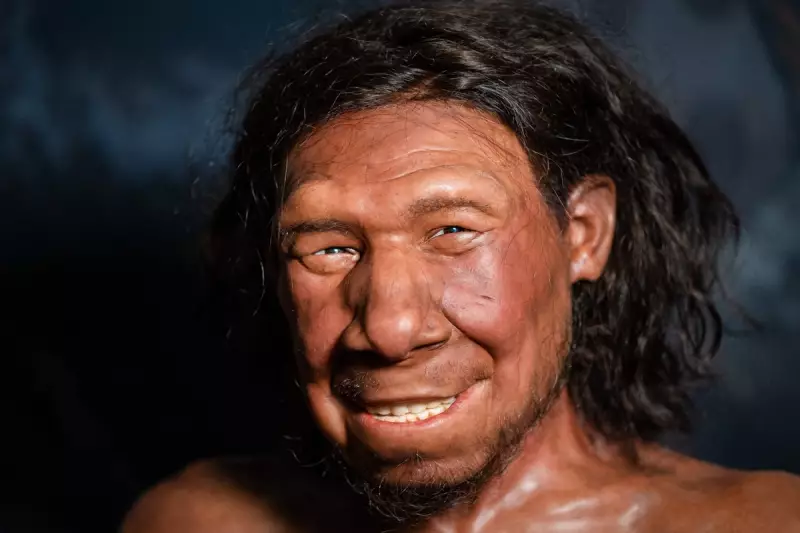
The Ancient Origins of Romantic Kissing
Romantic kissing, a behaviour many consider uniquely human, likely first evolved in a common ancestor of humans and other large apes approximately 21 million years ago, according to groundbreaking research from the University of Oxford.
The study, published in the journal Evolution and Human Behaviour, represents the first comprehensive attempt to trace the evolutionary history of this intimate act. While animals from chimpanzees to dolphins exhibit kissing-like behaviour, its evolutionary purpose has long puzzled scientists due to the associated risks, such as disease transmission, without a clear survival advantage.
Mapping the Kiss on the Primate Family Tree
Researchers, led by evolutionary biologist Dr Matilda Brindle, took a novel approach to solve this mystery. They defined a kiss as non-aggressive, mouth-to-mouth contact that did not involve food transfer.
The team then gathered extensive data on which modern primate species have been observed kissing, focusing on monkeys and apes from Africa, Europe, and Asia, including chimpanzees, bonobos, and orangutans.
By mapping this trait onto the primate evolutionary family tree and running sophisticated computer simulations, scientists could estimate the probability that different ancestral species engaged in kissing. Their models consistently pointed to its emergence in a large ape species living between 21.5 and 16.9 million years ago.
"This is the first time anyone has taken a broad evolutionary lens to examine kissing," said Dr Brindle, the study's lead author.
Kissing's Enduring Legacy and Cultural Variations
The research suggests that once kissing appeared, it was retained over millions of years of evolution, persisting in most great apes, including gorillas and humans. Intriguingly, the findings also indicate that our close cousins, the Neanderthals, were likely kissers too.
This theory is supported by studies of oral bacteria in early humans and Neanderthals, which provide evidence of saliva transfer between the two species.
However, co-author Dr Catherine Talbot highlights that kissing is far from universal. "While kissing may seem like an ordinary or universal behaviour, it is only documented in 46 per cent of human cultures," she noted.
The social norms and contexts for kissing vary dramatically across different societies, raising fundamental questions about whether it is an evolved biological trait or a cultural invention. This pioneering research offers the first evolutionary framework to begin addressing that very question, illuminating the remarkable diversity of sexual behaviours exhibited by our primate relatives.






